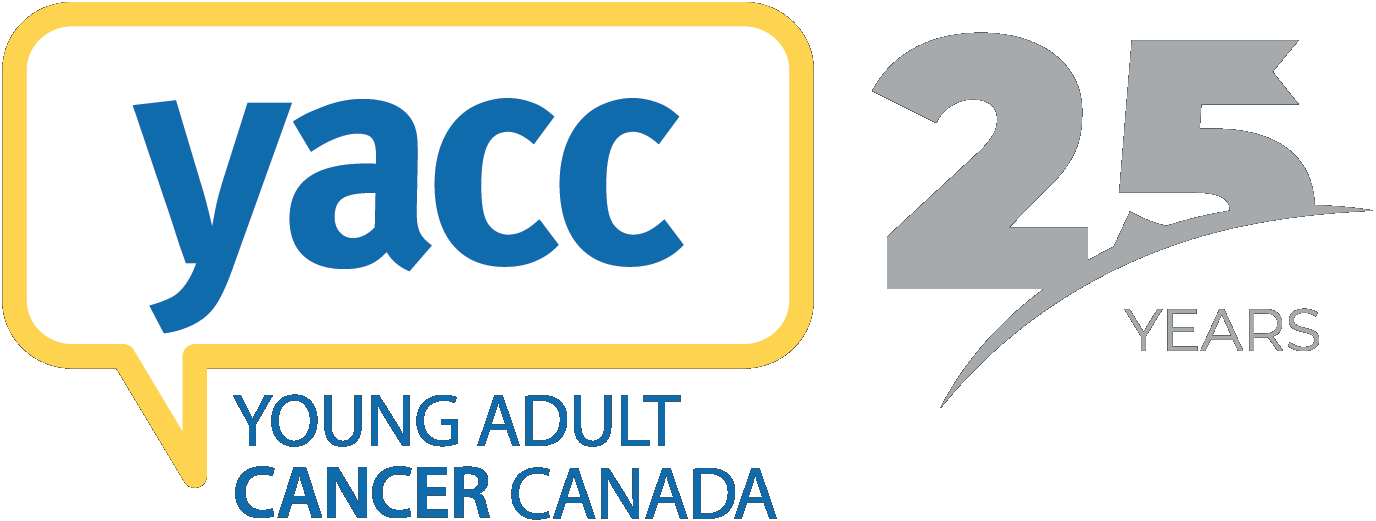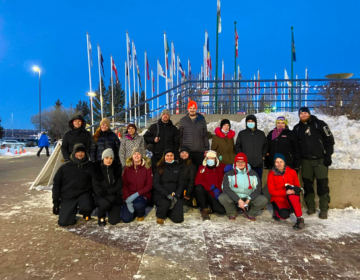By Sarah Bell
![]() I was eight months postpartum when I was diagnosed with cancer. That sentence stops me in my tracks. Even after three years have passed, I still try to stay at arm’s length from the idea that I had a newborn whilst undergoing some of the most gruelling chemotherapy modern medicine has to offer. It’s impossible to consider really, the idea that I was in the throes of saving my life directly after giving life to my son. One day I was living my dream of building a home and raising my baby, and the next, I was living in a hospital bed, unsure if I’d make it back home.
I was eight months postpartum when I was diagnosed with cancer. That sentence stops me in my tracks. Even after three years have passed, I still try to stay at arm’s length from the idea that I had a newborn whilst undergoing some of the most gruelling chemotherapy modern medicine has to offer. It’s impossible to consider really, the idea that I was in the throes of saving my life directly after giving life to my son. One day I was living my dream of building a home and raising my baby, and the next, I was living in a hospital bed, unsure if I’d make it back home.
I was naturally still very much finding my wings with respect to motherhood at the time of my diagnosis. I was in very unfamiliar territory and despite loving my child dearly, my anxieties and lack of real mothering in my own life lead me to spend many of these early weeks of motherhood in the torture chamber of my head.
Eight months into this tenured role, I was struggling to keep up pace. I was a studious kid and treated my son like the latest pending midterm final. I studied the best techniques, researched the best products, and went so far as to initiate therapy to navigate the pitfalls of my own childhood so that familial issues weren’t passed on to my innocent kid. I was truly doing the most but still felt inept — a plight of most mothers it seems. Compounding this feeling were what ended up being telltale symptoms of acute leukemia that blurred so closely with normal motherhood growing pains: extreme fatigue, frequent infections, and bruises.
It took a few weeks from the onset of my symptoms to make me think I should go to the doctor. I initially thought these symptoms equated to me not being a good mother. If I couldn’t keep up pace with a newborn, how would I ever manage to keep up with a toddler? A pre-teen? A young adult? I assumed I was facing postpartum depression and called my family doctor who was proactive enough to run bloodwork in addition to giving me a prescription for an SSRI. To all of our surprise, I was diagnosed with cancers a few days after my lab results came in. Cancer plunked me from one hamster wheel to another. I was no longer solely focused on motherhood. Overnight I needed to shift to focus on myself so that I could be there for my son in the long run and see him grow up.
I still remember the day that I was diagnosed; it’s ingrained in my head and I’ve often relived that day. When I left for the hospital to start my treatments, which included a month-long inpatient stay, I was unsure of if — or when — I would return home. When I got the call to come into the hospital, it was coming up on nap time. Nap time in our home was usually sacred. I’d set up a night light that would shine stars on the ceiling, quieted the house and did my very best not to disturb my baby.
The day of my diagnosis was very much not a usual day, though. The house was a buzz with my in-laws who had arrived the night before to help support us through what we all assumed would be a difficult time. My mother-in-law was busy cooking a storm to help alleviate the anxiety she felt. My father-in-law fumbled with his phone. I went into my son’s room and breathed the familiar smell of diaper cream, lotions, and baby. I slowly walked to his crib and picked him up. I held him in my arms and breathed all of him in. I whispered to him that I needed to do this for myself, that I would need to go away for a little and fight to be with him for longer. I told him that I loved him dearly. I then went to set up camp on the oncology ward.
Leaving him was the most emotionally challenging part of treatment, and this truly never got any easier, but I was able to find joy throughout treatment in his smiles, coos, and watching him practice walking around my hospital bed. During my initial month’s stay and preceding rounds of chemotherapy, I would pull together all of my strength for daily visits with him, only missing a small handful when I was actively receiving chemotherapy and too nervous that I may have been cytotoxic to him (chemotherapy can leach out of the body it’s being administered to and it didn’t feel fair to subject him to this). Those days ended up being the most difficult and I’d spend them watching videos of my son on my phone and looking through photo books of him.
![]()
Fortunately, the chemotherapy and treatments offered to me worked at normalizing my blood back to that of an average healthy mom. Yet I was still far from those adjectives. I needed to rest constantly. I was taking a rainbow assortment of pills to help sustain me on a schedule that would rival an ivy league freshman. I should have been taking him to daycare and parks and museums but it was challenging at points to even dress myself. I had to slowly rebuild my strength back. My body had been taken to the brink and I could no longer be the hands-on mom I had been trying to be before cancer. It was hard not being able to play with him, chase him, and make him laugh. In those four months, my son had changed so much. He was one year old and had learned to walk and talk during my treatment phase. He was swiftly out of the newborn phase and into toddlerhood.
Even though I have been in remissions for years, cancer still colours my motherhood experience. I’m much more health-conscious, I still routinely visit the cancer centre for follow-ups, and have been advocating for AYA cancer patients. I talk about my experience openly with my son and bring up stories about times he’d visit me or giggle at my bald head. I’ll continue to be open about my experience with him.
Finding the ropes to motherhood is always difficult. Adding the dynamic of cancer into this is something I never thought I’d face. I’ve been able to find a handful of other women that underwent this same (or similar) experience of facing cancer during early motherhood. I’m so grateful to be able to now look back on this challenging time. At this point in my recovery, our lives are not very much different than what I had hoped for during my pregnancy. I’m able to play with my son, watch him grow and focus on making memories together.








